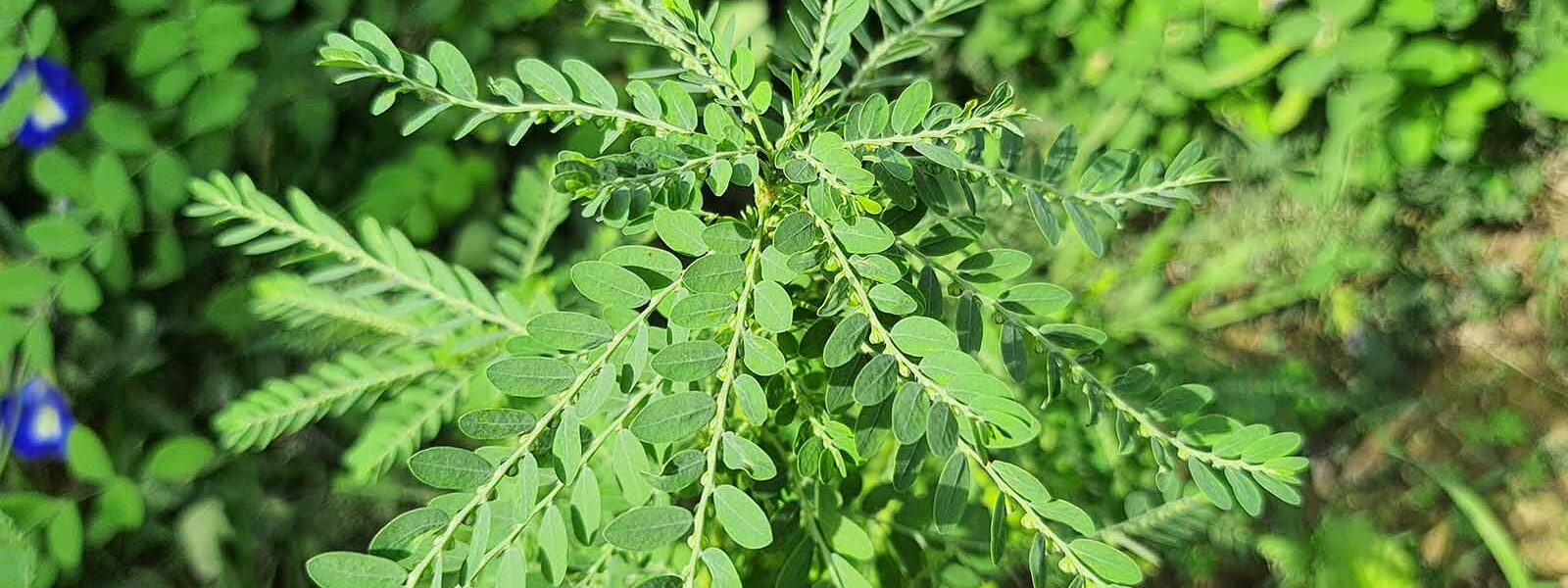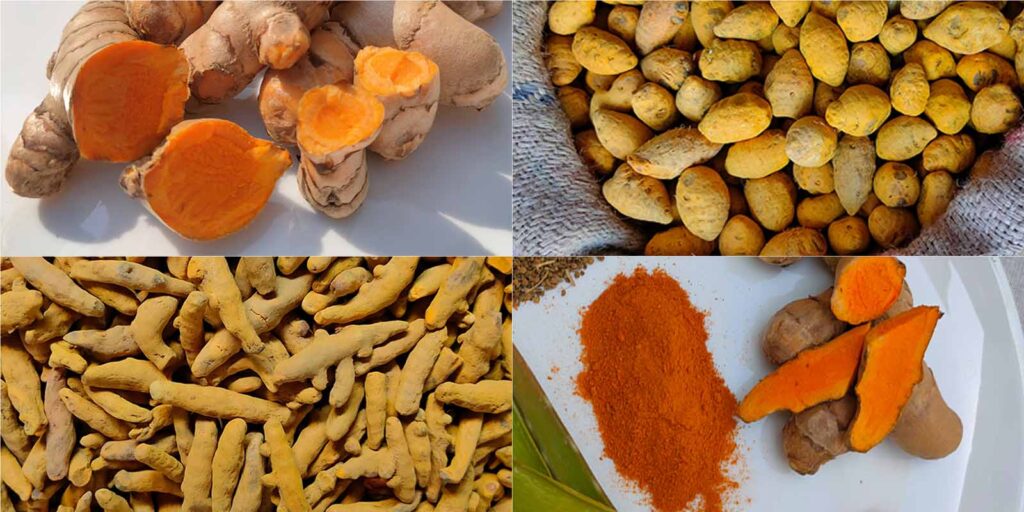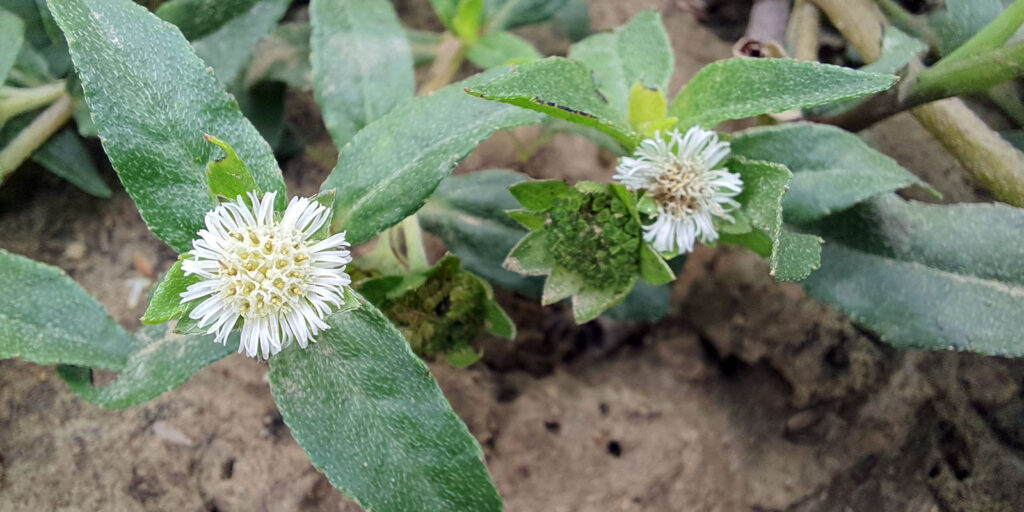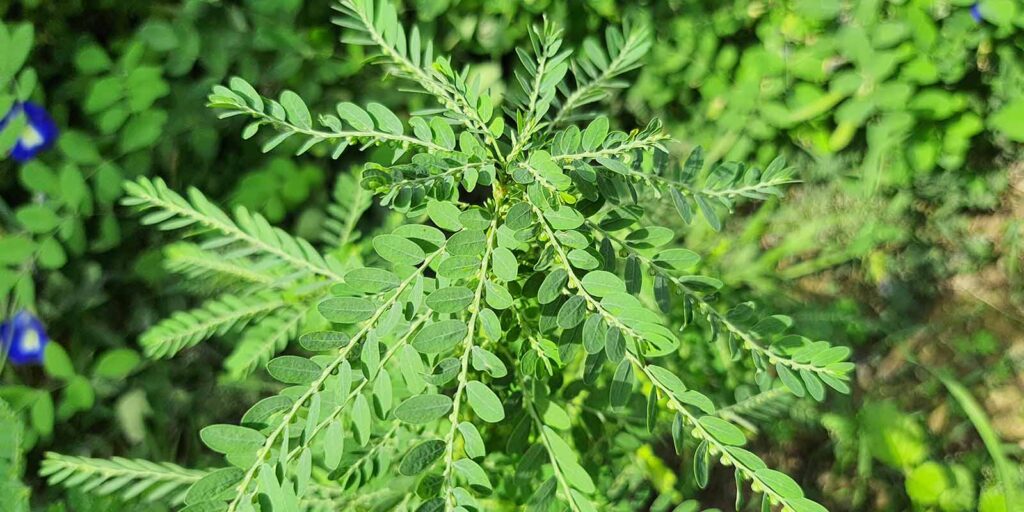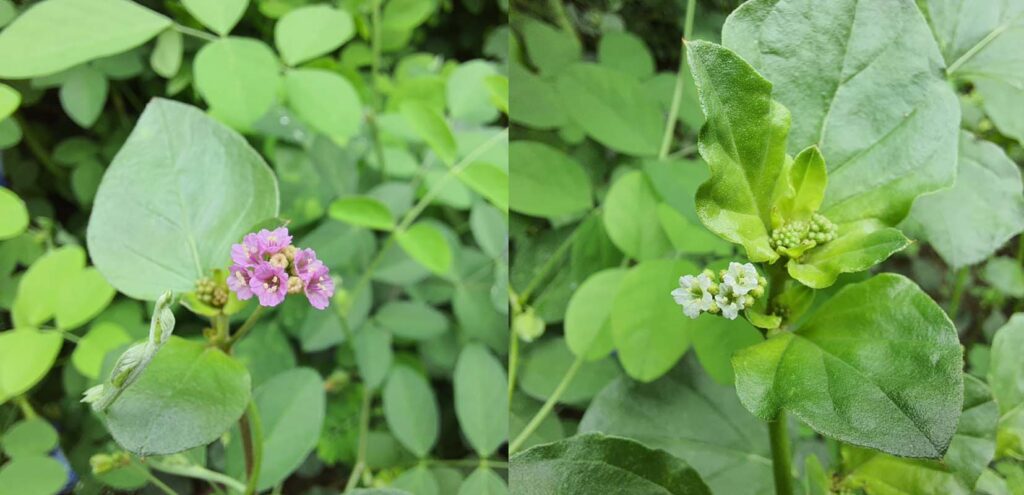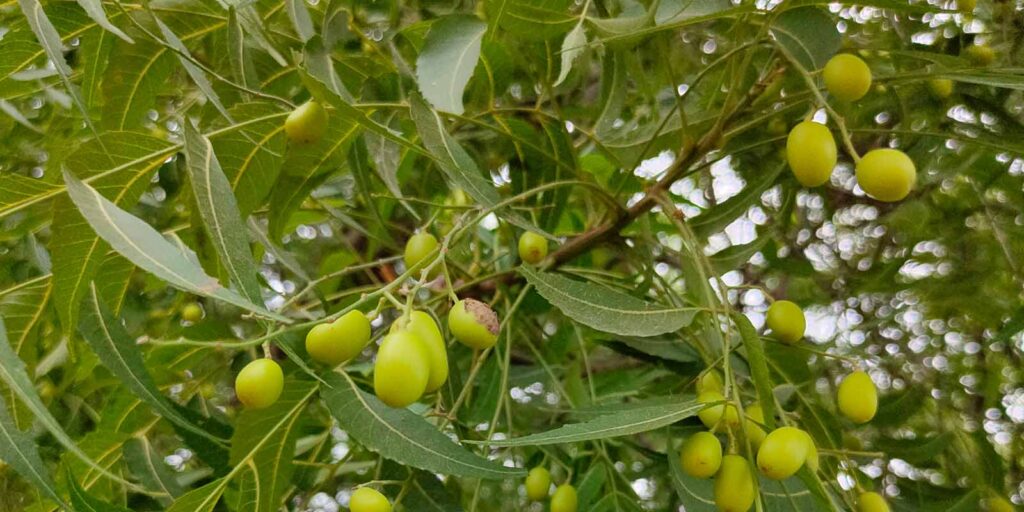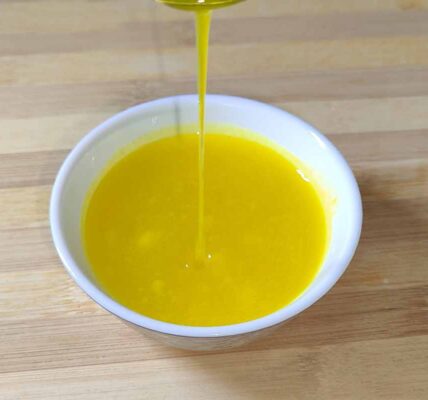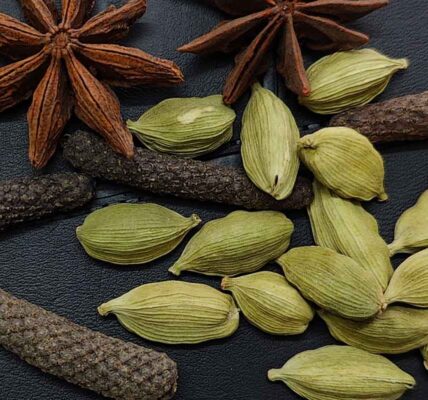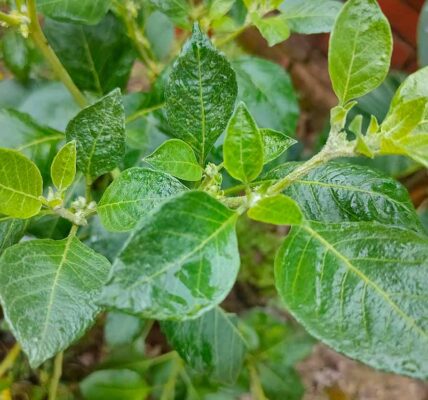Top 10 Ayurvedic Herbs for Liver Health: Unveiling the Nature’s Treasury
Herbs for Liver Health: Ayurveda, the traditional system of medicine in India, emphasizes the use of herbs and natural remedies to promote overall health and balance in the body. Several herbs are believed to have detoxifying properties that can support liver health. Here are some herbs commonly used in Ayurveda for liver detoxification:
- Turmeric (Curcuma longa): Turmeric (Curcuma longa) is celebrated in Ayurveda for its versatile health benefits, with a notable emphasis on liver health. The active compound in turmeric, curcumin, possesses potent anti-inflammatory and antioxidant properties, promoting liver function. Known to enhance bile production and protect against oxidative stress, turmeric aids in detoxification processes. Its anti-inflammatory effects may alleviate liver inflammation and support the prevention of liver diseases. Widely regarded as a liver-friendly spice, incorporating turmeric into the diet or as a supplement may contribute to maintaining a healthy liver and overall well-being.

Turmeric (Curcuma longa): Herbs for Liver from Ayurveda - Haritaki (Terminalia chebula): Haritaki, scientifically known as Terminalia chebula, is a key herb in Ayurveda renowned for its wide-ranging health benefits. Commonly referred to as the “King of Medicines,” Haritaki is valued for its ability to balance all three doshas—Vata, Pitta, and Kapha. It is a potent rejuvenative herb, supporting digestive health, detoxification, and promoting longevity. Haritaki’s high antioxidant content contributes to cellular health, and it is believed to enhance cognitive function. Additionally, it is used in Ayurvedic formulations for various conditions, demonstrating its adaptogenic and therapeutic qualities.
- Eclipta Alba (Bhringraj): Eclipta alba, commonly known as Bhringraj, plays a supportive role in liver health in Ayurveda. Rich in antioxidants, Bhringraj helps combat oxidative stress and inflammation, promoting liver function. It is believed to stimulate bile production, aiding in digestion and detoxification processes. Additionally, Bhringraj may contribute to liver protection and regeneration.

Bhringraj (Eclipta Alba) -Herbs for Liver Health - Amla (Emblica officinalis): Amla (Emblica officinalis), also known as Indian gooseberry, is highly esteemed in Ayurveda for its significant role in promoting liver health. Packed with antioxidants, Amla helps shield the liver from oxidative stress and inflammation. Its potent detoxifying properties aid in eliminating harmful substances from the body, supporting optimal liver function. Amla’s rich vitamin C content also contributes to liver protection and overall well-being. Integrating Amla into a balanced diet or Ayurvedic regimen may provide valuable support for liver health.
- Bhumyamalaki (Phyllanthus niruri): Bhumyamalaki (Phyllanthus niruri) is esteemed in Ayurveda for its prominent role in liver health. Known for its hepatoprotective properties, this herb supports the liver’s detoxification processes and shields it from oxidative damage. Bhumyamalaki is believed to stimulate bile secretion, promoting digestion and aiding in the elimination of toxins. Its use may contribute to liver well-being, making it a valuable addition to Ayurvedic practices.

Bhumyamalaki (Phyllanthus niruri) – Herbs for Liver Health - Kutki (Picrorhiza kurroa): Kutki, scientifically known as Picrorhiza kurroa, is a prominent herb in Ayurveda celebrated for its various health benefits. Known for its bitter taste, Kutki is primarily associated with liver health. It is recognized for its hepatoprotective properties, supporting liver function and aiding in the regeneration of liver cells. Kutki is often used in Ayurvedic formulations to address liver disorders, promote detoxification, and enhance overall digestive health. Additionally, its anti-inflammatory properties make it valuable in addressing various inflammatory conditions.
- Punarnava (Boerhavia diffusa): Punarnava is known for its diuretic properties and is believed to help in flushing out toxins from the body, including the liver. It is highly regarded in Ayurveda for its role in promoting liver health. Recognized for its hepatoprotective properties, Punarnava supports the liver in detoxification and shields it from oxidative stress. The herb is believed to enhance bile secretion, facilitating digestion and aiding in the elimination of toxins. Integrating Punarnava into Ayurvedic practices may contribute to overall liver well-being.

Punarnava (Boerhavia diffusa) – Herbs for Liver from Ayurveda - Guduchi (Tinospora cordifolia): Guduchi, scientifically known as Tinospora cordifolia, is a revered herb in Ayurveda, recognized for its versatile health benefits. Commonly referred to as “Amrita” or the “Divine Nectar,” Guduchi is celebrated for its immune-boosting properties. It is believed to enhance the body’s natural defense mechanisms, making it valuable in preventing and managing various infections. Guduchi also exhibits anti-inflammatory and antioxidant properties, contributing to overall well-being. Additionally, this herb is known for its role in supporting liver health, aiding in detoxification processes.
- Neem (Azadirachta indica): Neem, scientifically known as Azadirachta indica, is a versatile herb integral to Ayurveda and traditional medicine. Revered for its potent antibacterial, antiviral, and antifungal properties, Neem is a natural powerhouse for immune system support. Its bitter taste is associated with detoxification and purification, making it beneficial for skin health and promoting clear complexion. Neem’s ability to support oral health is well-recognized, and it is often utilized in dental care products. It is believed to support liver health and aid in detoxification. Additionally, Neem is employed in Ayurvedic formulations to address various conditions, showcasing its broad spectrum of therapeutic benefits.

Neem (Azadirachta indica) – Herbs for Liver Health - Licorice (Glycyrrhiza glabra): Licorice, known as Yashtimadhu in Ayurveda, holds a significant place in traditional Indian medicine for its therapeutic properties. Derived from the Glycyrrhiza glabra plant, it is prized for its sweet taste and various health benefits. Yashtimadhu is recognized for its adaptogenic qualities, helping the body adapt to stress. It has anti-inflammatory, hepatoprotective and anti-ulcer properties, supporting digestive health and liver function. In Ayurveda, it is used to balance the three doshas—Vata, Pitta, and Kapha. However, it’s crucial to use licorice cautiously due to its potential side effects, such as elevating blood pressure and affecting potassium levels.
Milk Thistle (Silybum marianum): Milk thistle, recognized for its liver-protective properties, contains silymarin—an antioxidant and anti-inflammatory compound believed to benefit the liver. While not traditionally emphasized in classical Ayurvedic texts, Milk Thistle has gained prominence in Western herbal traditions. In modern times, it has garnered attention for its potential liver-protective effects.
